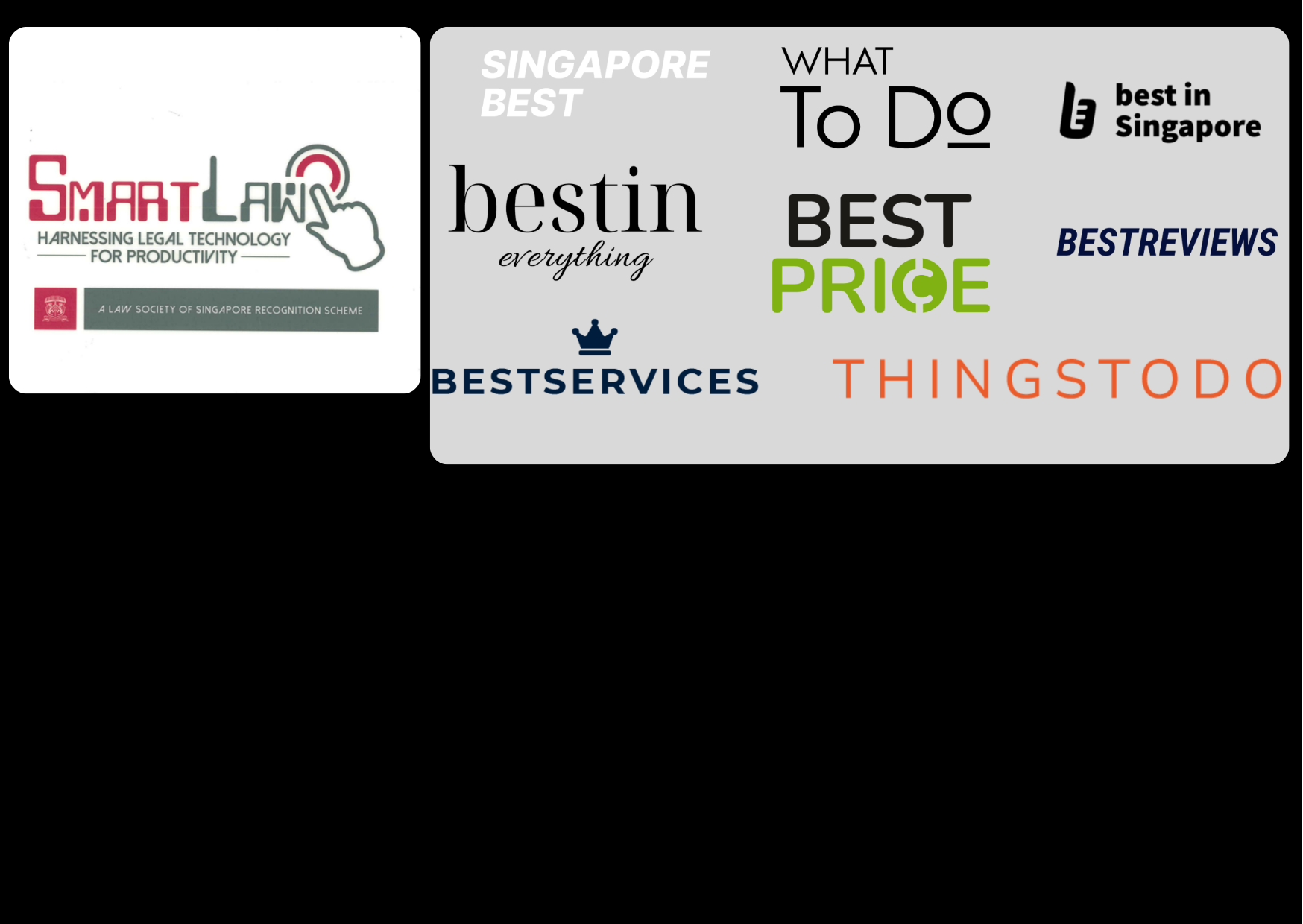By DLLC – Law Firm in Singapore
Defending Against Business Claims: Litigation Tips
In every business, legal disputes are sometimes unavoidable. When faced with a business claim, understanding how to navigate the litigation process is crucial. Here are some practical tips to help businesses defend against claims effectively.
1. Be Proactive with Record-Keeping
One of the most important steps a business can take is maintaining thorough and accurate records. This includes contracts, emails, invoices, and any other documents that may be relevant in a legal dispute. Good record-keeping practices can provide crucial evidence and support your position if a claim arises. For example, if a customer disputes a payment, having detailed records of all transactions can quickly resolve the issue in your favor. This not only helps in defending claims but also demonstrates professionalism and transparency in your business operations.
2. Understand Your Contracts
Contracts are the foundation of many business relationships. It’s essential to understand the terms and conditions of every contract you enter into. This includes knowing your rights and obligations, as well as any clauses related to dispute resolution. Being well-versed in your contracts can help you identify potential issues before they escalate into legal claims. For instance, knowing the exact terms regarding delivery times, payment schedules, or service standards can prevent misunderstandings that might lead to disputes. Furthermore, clear contract terms can make it easier to enforce your rights and defend against unfounded claims.
3. Seek Legal Advice Promptly
When a claim is made against your business, it is important to seek legal advice as soon as possible. An experienced lawyer can help you evaluate the merits of the claim and develop a strategy for defense. Early legal advice can also help you avoid costly mistakes and increase your chances of a favorable outcome. For example, a lawyer can advise you on the best way to respond to a claim letter or how to handle communications with the other party to avoid incriminating statements. Timely legal counsel ensures that you are taking the right steps from the beginning.
4. Evaluate the Merits of the Claim
Not all claims have merit. Before deciding on a course of action, it’s important to assess the strengths and weaknesses of the claim against you. This evaluation should include a review of the facts, the applicable law, and the potential damages. Understanding the merits of the claim can help you determine whether to fight the claim, seek a settlement, or pursue alternative dispute resolution. For example, if a supplier claims breach of contract, analyzing the contract terms and the factual background can reveal whether the claim is valid or if there are strong defenses available to you.
5. Explore Dispute Resolution Options
Litigation is not the only way to resolve a business dispute. In many cases, alternative dispute resolution (ADR) methods such as negotiation, mediation, and arbitration can be more efficient and cost-effective. These methods allow the parties to work towards a mutually acceptable resolution without the need for a lengthy court process.
Negotiation
Negotiation is often the first step in resolving a dispute. It involves direct communication between the parties to reach a settlement. Effective negotiation can save time and money and preserve business relationships. For instance, a well-handled negotiation can turn a potentially adversarial situation into a win-win outcome, maintaining a valuable business partnership.
Mediation
Mediation involves a neutral third party who helps the disputing parties reach a voluntary agreement. The mediator does not make a decision but facilitates the discussion and helps the parties find common ground. This can be particularly useful in disputes where emotions run high or where preserving the relationship is important. Mediation can provide a confidential and less confrontational environment to resolve issues.
Arbitration
Arbitration is a more formal ADR process where an arbitrator hears the evidence and makes a binding decision. It can be quicker and less formal than court litigation, but the parties must agree to abide by the arbitrator’s decision. This method is often used in commercial disputes where both parties want a definitive resolution without the publicity and delay of court proceedings.
6. Gather Evidence
If litigation becomes necessary, gathering evidence is a critical step. This includes collecting documents, identifying witnesses, and preserving any physical evidence that supports your case. Proper evidence collection can strengthen your position and increase your chances of success in court. For example, emails, contracts, and transaction records can be vital in proving your case or disproving the claims made against you. Ensuring that evidence is collected systematically and stored securely can prevent critical information from being lost or overlooked.
7. Understand Courtroom Strategies
Navigating the courtroom can be challenging, especially for those unfamiliar with the legal system. Understanding basic courtroom strategies, such as how to present evidence and question witnesses, can be beneficial. However, having experienced legal counsel by your side is invaluable. A skilled lawyer can guide you through the process and represent your interests effectively. For example, knowing when to object to certain lines of questioning or how to present a compelling argument can significantly impact the outcome of your case.
8. Value Experienced Legal Counsel
The complexities of defending against business claims highlight the importance of having experienced legal counsel. A knowledgeable lawyer can provide strategic advice, handle procedural matters, and advocate on your behalf. Their expertise can make a significant difference in the outcome of your case. For instance, a lawyer who understands the intricacies of commercial litigation can anticipate potential challenges and develop a strong defense strategy for specific situations.
In conclusion, defending against business claims requires a proactive approach, careful evaluation, and strategic decision-making. By following these tips and seeking the guidance of experienced legal professionals, businesses can better navigate the challenges of litigation and protect their interests. For more information on how our team at DLLC – Law Firm in Singapore can assist you with business claims and other legal matters, visit our website.







